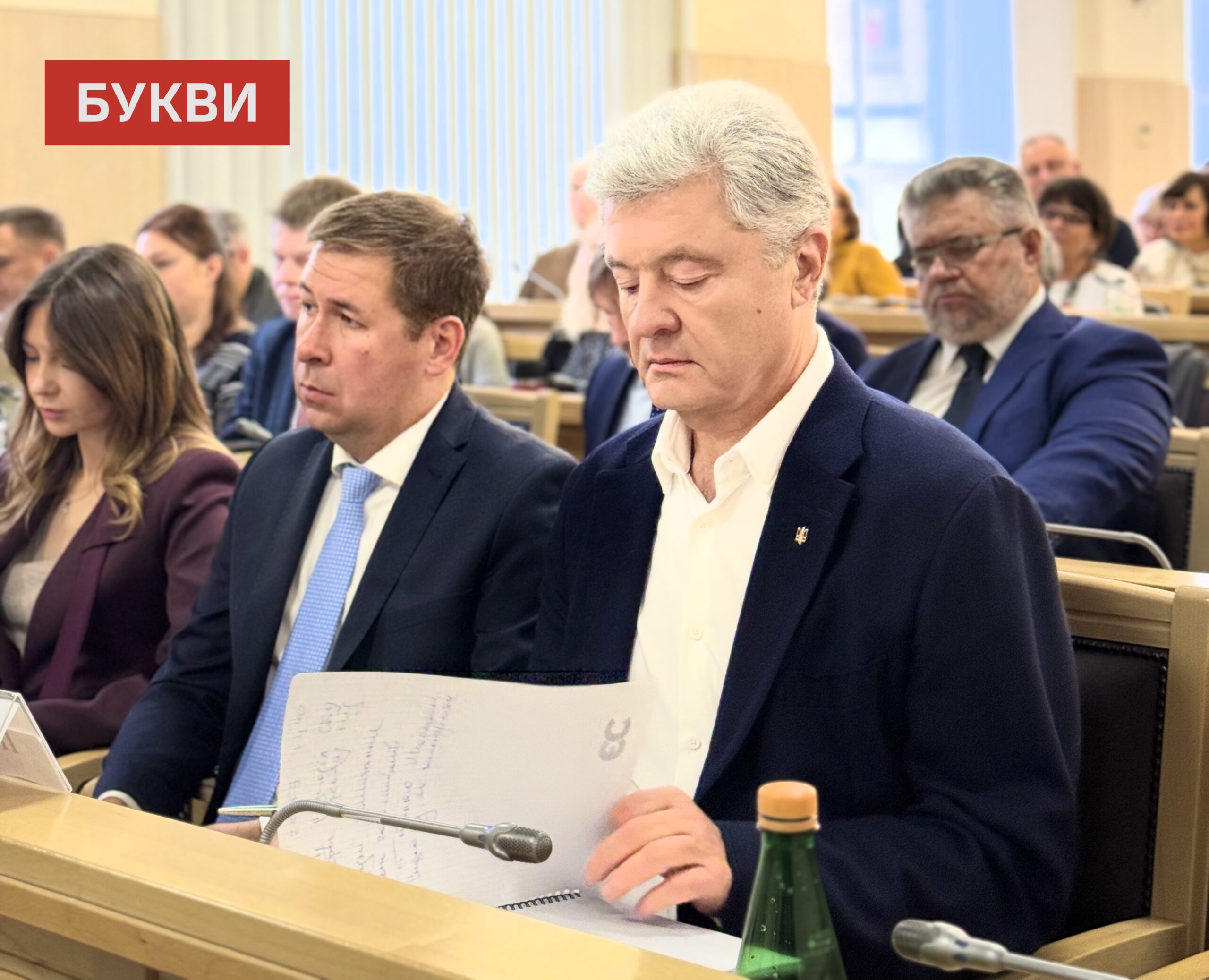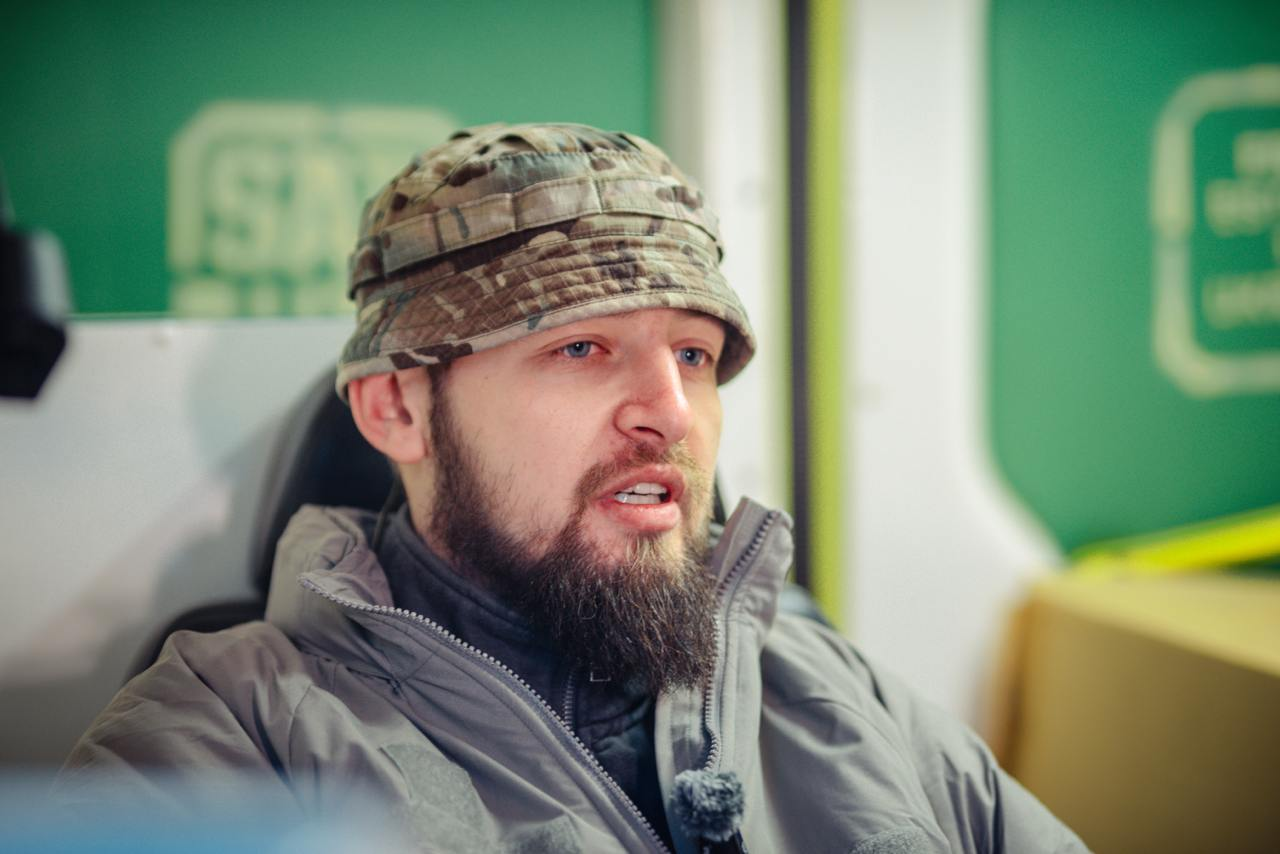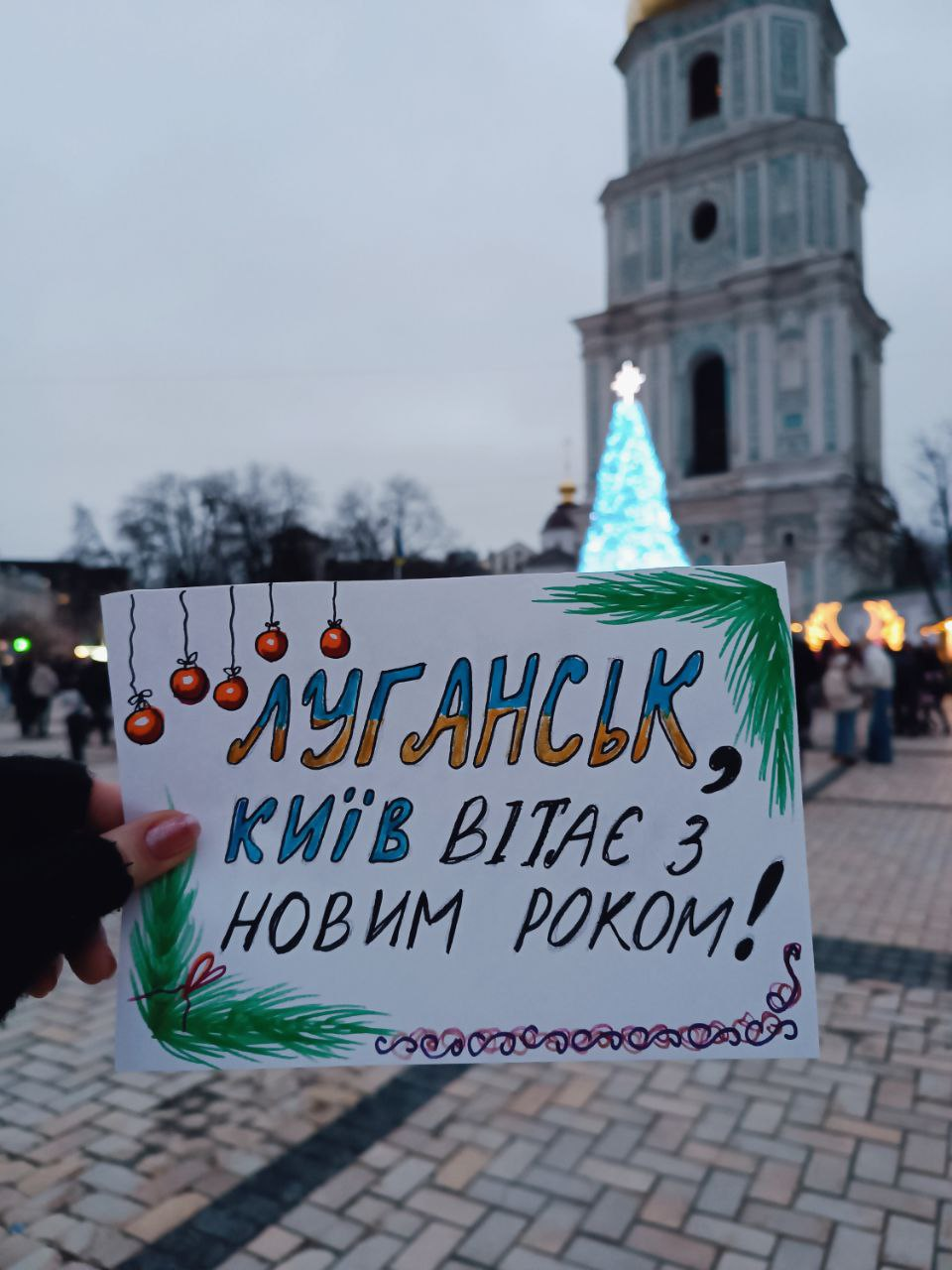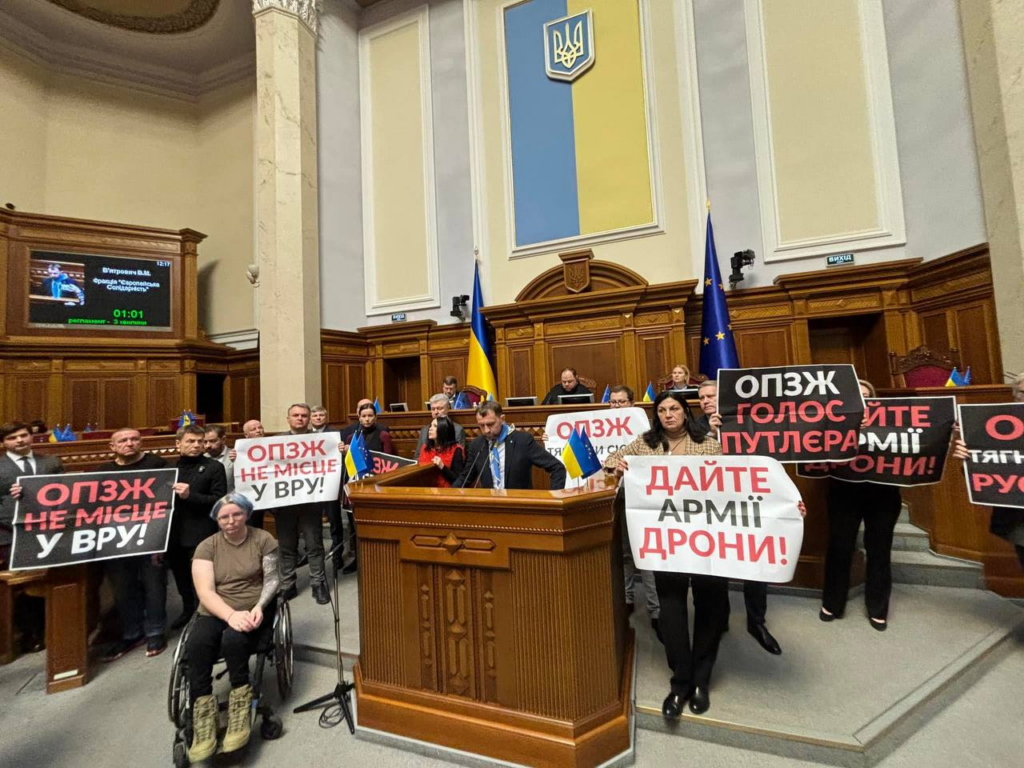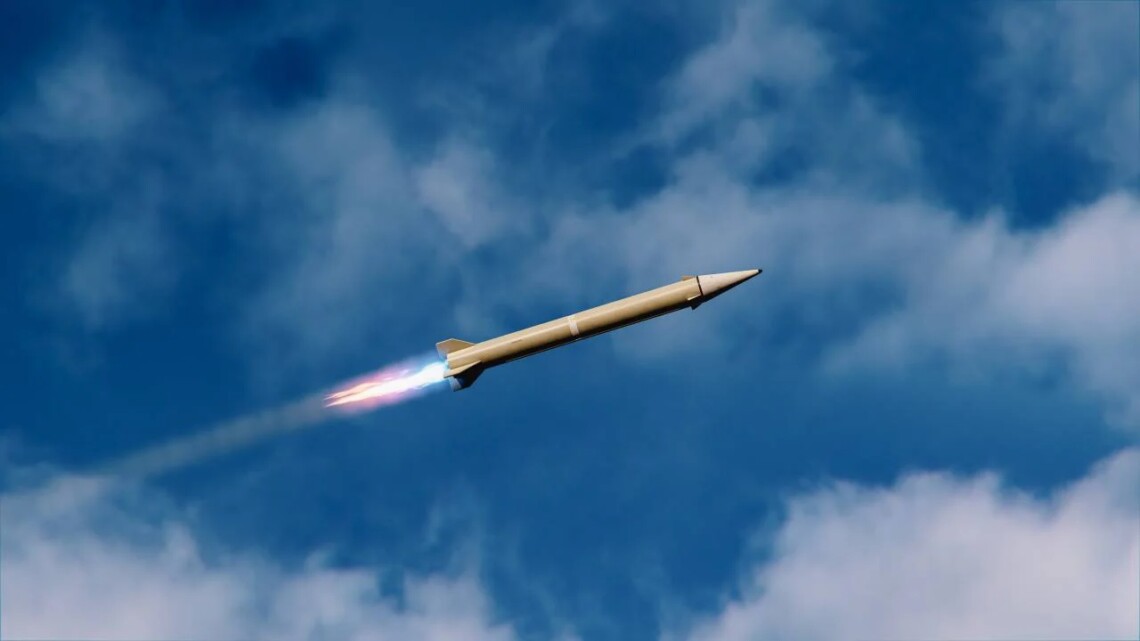Former commander-in-chief Zaluzhnyi delivers his first public speech. Key takeaways
Source: Ukrainska Pravda
On October 17, Ukraine’s former commander-in-chief Valeryi Zaluzhnyi delivered a speech at Chatham House in his first public appearance after he became Ukraine’s envoy to the UK.
Here are the key takeaway from his speech:
Democracy vs. Autocracy
Zaluzhnyi spoke the stark contrast between democracies and autocracies. While Ukraine is fighting for its independence and future as part of the democratic world, autocratic regimes like Russia seek to undermine such aspirations. The goal of Russia, according to Zaluzhnyi, is to erase Ukraine as a nation, as evidenced by atrocities like those in Bucha and Hostomel. He made it clear that peaceful coexistence with Russia now appears impossible, and the end to the war can hardly promise security in the upcoming years
The Causes of the War
Zaluzhnyi argued tha tthe West’s failure to uphold global security is one the reasons of the war in Ukraine. Russia exploited the West’s weaknesses when it failed to respond to the invasion of Georgia in 2008 and aggression against Ukraine in 2014, arguing Putin’s nuclear threats are sowing fear making Western politicians reluctant to escalate things.
Global Security and Geopolitics
Zaluzhnyi warned about Russia’s growing ties with the countries like China, North Korea, and Iran. He also raised concerns about the BRICS alliance arguing that the timid response of the Western countries is weakening global security.
Vision of Victory
Zaluzhnyi said Ukraine’s path to victory in the war against Russia must be based on three core principles:
- Security: Ukraine must feel secure from future aggression for the next 100 years, which can be achieved through NATO membership or a defense model akin to Israel’s.
- Development: Ukraine needs an environment conducive to long-term economic development, but this depends on investors’ confidence that future wars won’t break out.
- Peace at Home: Every Ukrainian should be able to live in peace and feel at home in their country.
Zaluzhnyi said that Ukraine’s fight is a testament to its desire to live as part of the civilized world, and the West needs to recalibre its its approach to help secure a long-term global stability.
On October 6, the Administrative Cassation Court within the Supreme Court of Ukraine continued hearing case No. 990/80/25, in which the fifth President and leader of the party “European Solidarity”, Petro Poroshenko, seeks to have Presidential Decree No. 81/2025 from February 12, 2025 — enacting sanctions by the decision of the National Security and Defense Council (NSDC) — declared illegal and annulled. The plaintiff claims the document was falsified and that the sanctions are a tool of political persecution of the opposition, contrary to international norms. Government representatives deny the allegations and insist their actions were lawful. Journalists of Bukvy were present at the hearing.
Rinat Akhmetov’s Metinvest Group has completed the construction of an upgraded underground NATO Role 2 hospital in one of the hottest sectors of the frontline. This is the second stabilization point established under the Steel Front initiative in cooperation with the Medical Forces of the Armed Forces of Ukraine. The new facility, funded by Metinvest with an investment of UAH 21 million, is more secure than the first one thanks to its deeper location underground (over 6 meters) and additional fortifications.
Five armored vehicles “Kozak” have received a new mission – thanks to the support of Metinvest, they have been upgraded to full-fledged command and staff vehicles. These upgraded vehicles are now operating on the front line.
A kamikaze drone flies directly toward an armored personnel carrier. But instead of penetrating the hull, it explodes on a steel screen. The crew survives. This is the new reality for Ukrainian forces, who have received enhanced protection thanks to the Metinvest project within “Steel Front of Rinat Akhmetov”.
To commemorate the third anniversary of the full-scale invasion, “Bukvy” has compiled data on the largest donors supporting the Armed Forces of Ukraine. Among them there are charitable foundations and businesses. The list includes, in particular, foundations that provide assistance exclusively from their own resources, without fundraising (such as SCM by Rinat Akhmetov, Epicenter, etc.).
